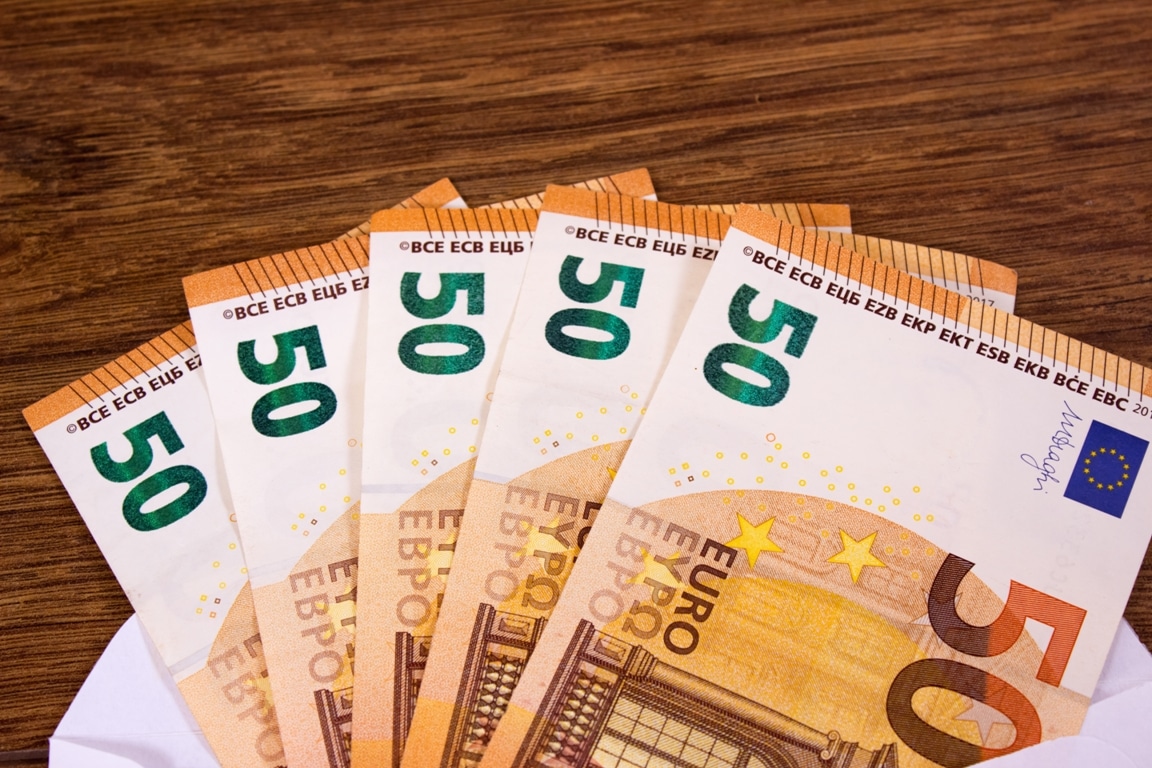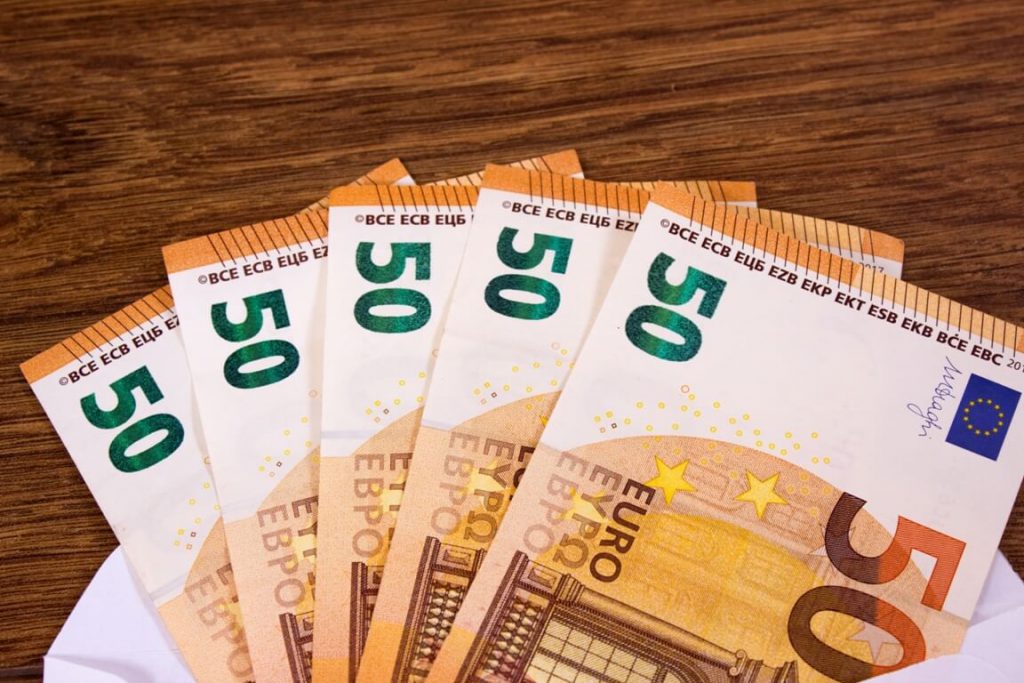
Euro rallied Friday as ECB raised rates. What about USD?
The U.S. dollar declined for the first time during the last four consecutive weeks on Friday. On the other hand, the Euro rallied after the European Central Bank hiked its interest rates. Traders are now waiting for the U.S. inflation data, which is due early next week.
The dollar index plummeted by as much as 1.1% against the basket of six major currencies today. It exchanged hands lower by 0.7% at 108.770 at last. Overall, the currency seems set for a 0.8% loss this week. However, the struggling Euro rebounded with a vengeance, becoming one of the biggest gainers of the day. It skyrocketed by 1.2%, hitting a three-week high of $1.01140 on Friday. The ECB increased its key interest rate by an unprecedented 75 basis points (bps) on Thursday, causing the currency’s rally. Consequently, the Euro traded higher by 0.7% to $1.00645 at last.
Samy Chaar, the chief economist at Lombard Odier, stated that the single currency’s jump is clearly due to the bank’s hawkish position. Some European yields are very well supported thanks to the ECB, which remained hawkish through all the policy instruments. Meanwhile, U.S. yields are decreasing a bit. Chaar thinks that these two factors are behind the dollar’s fall.
Despite the Euro’s sudden rally, the Eurozone’s economic outlook is still uncertain. Most analysts think that Europe is on the brink of a horrible crisis. Energy prices are skyrocketing and weighing on both businesses and consumers. On Friday, European Union energy ministers discussed whether to cap Russian gas prices, but they haven’t reached an agreement thus far.
Meantime, traders are pricing in an 86% chance of the Fed hiking its own interest rates by 75 bps this month like the ECB. New U.S. consumer price data will give some clues about the agency’s possible decision.
How is the British Pound trading?
The Sterling soared by 0.8% to $1.15925 on Friday. However, it declined briefly on Thursday after the death of Queen Elizabeth. King Charles plans to address the nation later today. Moreover, the Bank of England announced that it would postpone its next monetary policy meeting by one week.
In Asia, the Japanese yen climbed up by 1.5% to 141.985 yen per greenback. The currency had struggled for days, but it now managed to recover from its recent 24-year lows. On Friday, Bank of Japan Governor Haruhiko Kuroda stated that the government didn’t desire rapid JPY moves.
Riskier currencies rallied at the end of the week, thanks to the U.S. dollar drop, while European stock markets also traded in the green. The Aussie remained on track for its best daily gain in a month. It jumped by 1.4% versus the greenback to exchange hands at $0.68480.
What about the Emerging Market’s currencies?
EM currencies surged forward today as the dollar tumbled down. Stocks also rose along with Chinese equities thanks to investors’ hopes to get more stimulus from Beijing. Hungary’s forint edged up by 1.7% during the week. Among Central and Eastern European currencies, the Czech crown and Poland’s zloty were the gainers, as well. Each added 0.3% on Friday.
On Thursday, Poland’s Governor Adam Glapinski stated that its central bank could maintain rates at the current level next month or announce a small increase. The bank already hiked rates by 25 bps earlier in September.
According to ING strategist Frantisek Taborsky, today’s EU meeting might bring a further decline in gas prices, along with more support for the CEE. However, nothing changes the previous arguments for weaker Forex. Besides, the narrow influence of gas prices won’t last forever. Meanwhile, Hungarian Foreign Minister Peter Szijjarto declared that a price cap on Russian gas that the officials proposed goes against both European and Hungarian interests.
On Friday, MSCI’s index of EM currencies soared by 0.4%. In addition, stocks gained 1.2%, experiencing their most profitable day in more than two weeks. The Shanghai Composite Index surged forward by 0.8%, while China’s blue-chip CSI 300 Index jumped by 1.4%.
Furthermore, new data showed that China’s consumer and producer prices increased at a slower pace last month than analysts expected. This news bolstered investors’ hopes for more stimulus from the authorities. Zichun Huang, an economist at Capital Economics, noted that consumer price inflation dropped in August. It now remains below 3%, which is the People’s Bank of China’s preferred ceiling.


